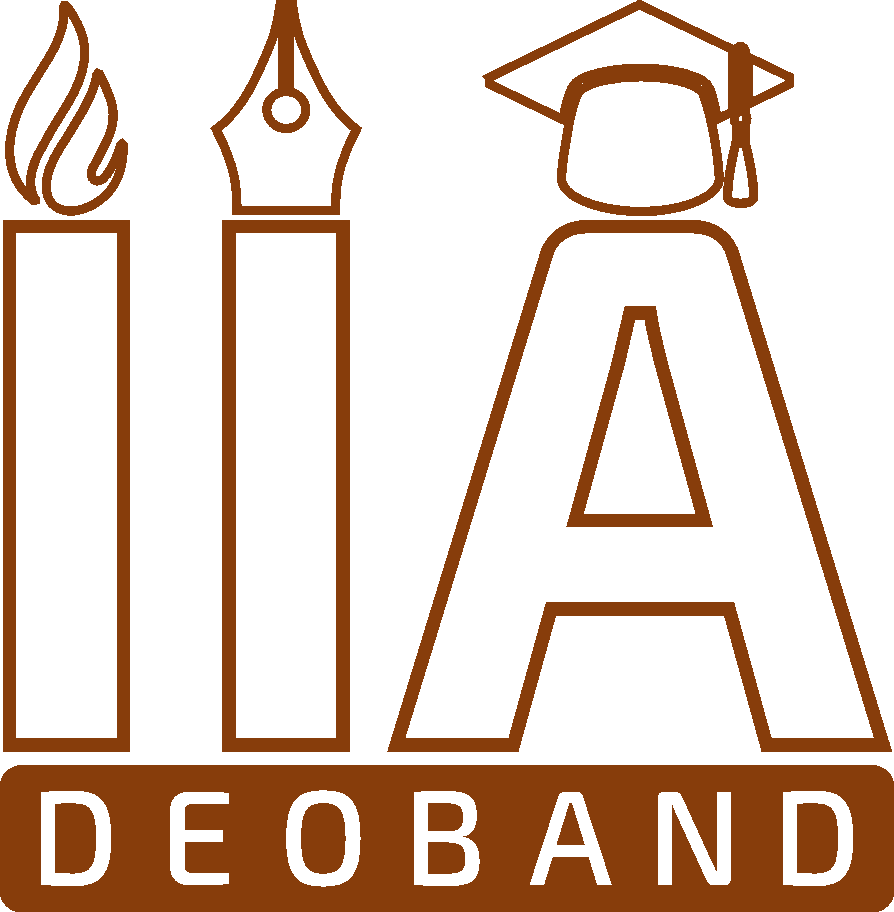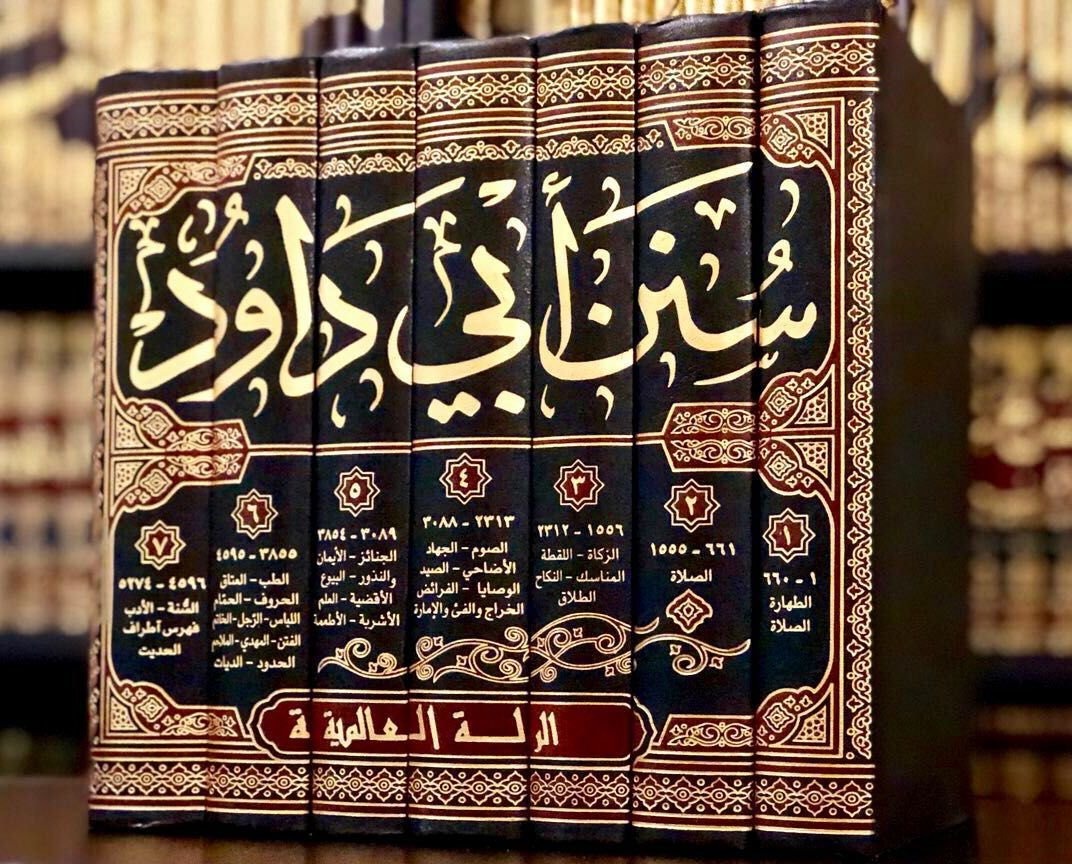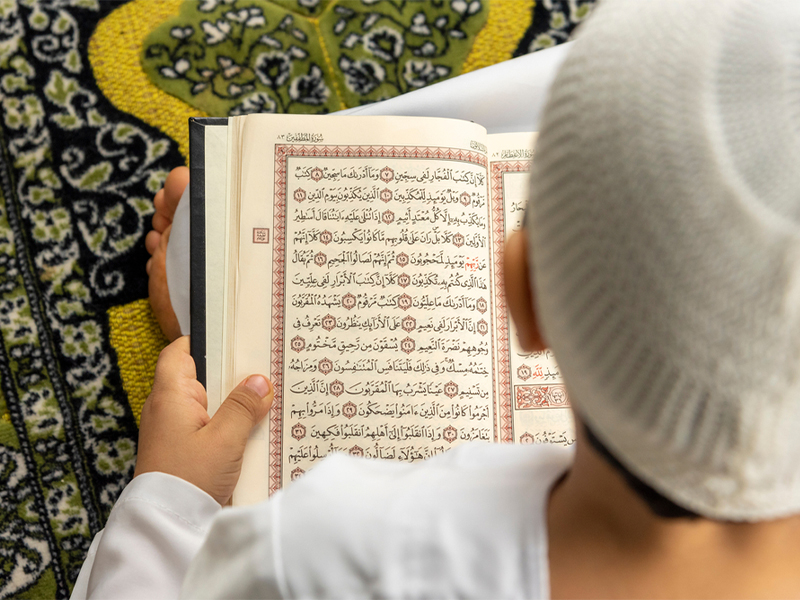Darul Uloom Deoband Based 1 Year Daura-e-Hadith Shareef
India Islamic Academy Deoband has launched a first-ever Darul Uloom Deoband-Pettern online Hadith Sharif course for students from around the world through which all books of Hadith can be Learn online and obtained Ijazah.
Course Overview
The Dawrah al-Hadith is an intensive study of the major collections of hadith. Customarily, in many seminaries in the Muslim world Like Darul-Uloom Deoband, Darul Uloom Nadwat Ulama Lucknow, Al Azhar University Egypt,
this year concludes Alimiyyah studies with students receiving their ijazah from their teachers in the respective hadith compilations. The Students will study the texts of hadith with commentary exploring the most prominent scholastic interpretations of the hadiths in terms of their linguistic, theological, spiritual, and juristic implications. It is an opportunity for students to engage with the Islamic tradition in the most normative way possible: a comprehensive survey of the teachings of the Prophet Muhammad (Allah bless him and grant him peace).
More About India Islamic Academy Deoband-IIAD
Daura E Hadees Shareef Program
Subject – Hadith
At EC, the programme is slightly broadened to include an advanced study of Uloom al-Hadith, making the programme resemble a takhassus in hadith, as well as some contextual studies in economics, philosophy, apologetics, and other aspects of the humanities. This will be achieved through broad commentary of the hadiths in some cases, and through dedicated modules in others. It is also benchmarked against masters-level outcomes (based on QAA guidelines), and this is reflected in teaching and assessment strategies.
In line with the tradition of the Dawrah al-Hadith, all students enrolled on the full programme will receive ijazah in hadith transmission. This will be complemented with a series of maqra’as, or readings of the respective hadith compilations
Books
Bukhari Sharif
Tirmizi Sharif
Muslim Sharif
Nasa’i Sharif
Abu Da’ud Sharif
Ibn-e-Maja Sharif
Shama’il Tirmizi Sharif
Learning Outcomes Knowledge and Understanding Upon completion of this programme students will be able to
Demonstrate an advanced understanding of ulum al-hadith, including the development of hadith studies throughout history, production of complimentary genres such as tabaqat and rijal, early centres, and major pre-canonical collectors.
Demonstrate familiarity with the most famous sahabah and reliable narrators of hadith; and conversely well-known weak narrators and the biographical data that explains the reasons for their lack of reliability; as well as the established techniques employed in critically evaluating hadith.
Demonstrate systematic understanding and knowledge of the nine major hadith works taught in the Dawrah al-Hadith programme as well as other genres of hadith works (Musnad, musannaf, tabaqat, mustakhraj, amali, thabt, ma’ajim, etc), and of up to date knowledge of contributions made in the study of these texts.
Demonstrate a systematic conceptual understanding of the content of hadith in terms of:
Thematic content (abwab) of hadith across all major collections,
Context of individual and groups of narrations (asbab al-wurud),
The interplay between text and context, law and society, and an appreciation for what things looked like in real life.
The application of hadith in today’s context; current problems with and new insights into its application.
The spectrum of classical and contemporary scholarly opinion on the interpretation of hadith.
Gharibul hadith.Critical commentary related to the isnad of hadith.
The latest and current research and advanced scholarship in the above.
Awareness of hadith that are fabricated or extremely weak.
Critical understanding of Western contributions to hadith and hadith sciences.
Skills
Demonstrate originality in the interpretation of hadith and its practical application to new and emerging situations using established techniques.
Demonstrate the capacity to engage closely with and evaluate the unique features of each text, the compilers’ methodology and objectives.
Demonstrate independent competancy in proper referencing (takhrij) and critical evaluation (jarh wa ta’dil) of hadith narrations.
Demonstrate the ability to critically evaluate past and current research and advanced scholarship in hadith and hadith sciences, and, where appropriate, propose new hypothesis.
“Deal with complex issues both systematically and creatively, make sound judgements in the absence of scriptural data, and communicate conclusions clearly to specialist and non-specialist audiences.
Demonstrate self-direction and originality in tackling and solving problems, and act autonomously in planning and implementing tasks at a professional or equivalent level
Recall from memory selected hadiths from each chapter (bab) with an emphasis on the narrations with the broadest wording.
Work in a self-disciplined and self-directed manner, showing both independence of mind and initiative.
Have respect for others’ views even when disagreeing with them and demonstrate intellectual empathy.
Demonstrate the ability to synthesise knowledge of the major islamic sciences of hadith, tafsir, and fiqh when dealing with a problem.Inshaallah
Hadith themes – Compulsory
Generalities: Iman, Ilm, Dawah, Fazaail
Akhlaqiyaat: Morality, Zuhd, Taqwa, excellence, ethics
Ibadaat: Fasting, Zakat, Hajj Rituals
Mu’sharat: Nikah, Talaq and Conflict Resolution
Mu’amalaat: Business transactions, Finances and Economics
Sira: Ghazawat, Siyar, politics, international relations and Diplomacy
Tafseerul Qur’an: Subject wise or Sura order
Each theme will be taught based on the hadiths from al-Sihah al-Sittah, Muwatta Imam Malik, Muwatta Imam Muhammad, and Sharh Ma’anil Athar.
Hadith Studies Modules – Compulsory
Major Hadith collections, compilers and shuruh
Advanced Uloomul Hadith
Takhreej Training
Ijazah
The term “Ijazah” itself is not explicitly mentioned in the Quran. However, the concept of authorization, permission, and transmission of knowledge is present in the Quranic verses. In Islamic tradition, “Ijazah” has evolved as a term used to describe the authorization or certification granted by knowledgeable scholars to their students for the transmission of Islamic knowledge. Thus, it includes the Quranic teachings and Hadith (sayings and actions of the Prophet Muhammad).
Ijazah in Hadith (Ijazah al-Hadith)
Hadith are the sayings, actions, and approvals of the Prophet Muhammad. Furthermore, an Ijazah in Hadith signifies that a student has successfully studied and transmitted Hadith from a qualified teacher.There are different levels of Ijazah in Hadith, ranging from basic to comprehensive.after completion of one year Daura E Hadith Sharif Program we also Give Ijazah Of all the books of Hadith including Bukhari(194-256), Abū Dāwūd (202-275), Muslim (206-261), Tirmidhī (209-279), Ibn Mājah (209-273), and Nasā’ī (215-303).to all our students.


